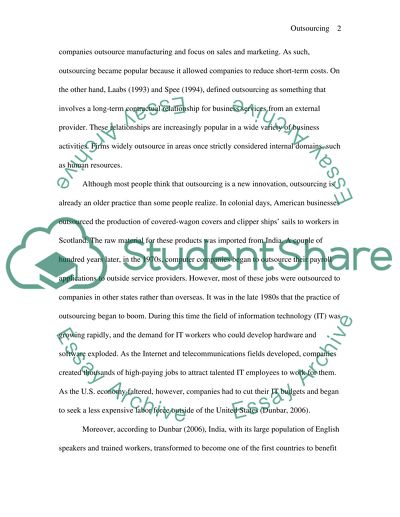Cite this document
(“Seeing Beyond the Bright Side of Outsourcing Essay”, n.d.)
Seeing Beyond the Bright Side of Outsourcing Essay. Retrieved from https://studentshare.org/miscellaneous/1507173-seeing-beyond-the-bright-side-of-outsourcing
Seeing Beyond the Bright Side of Outsourcing Essay. Retrieved from https://studentshare.org/miscellaneous/1507173-seeing-beyond-the-bright-side-of-outsourcing
(Seeing Beyond the Bright Side of Outsourcing Essay)
Seeing Beyond the Bright Side of Outsourcing Essay. https://studentshare.org/miscellaneous/1507173-seeing-beyond-the-bright-side-of-outsourcing.
Seeing Beyond the Bright Side of Outsourcing Essay. https://studentshare.org/miscellaneous/1507173-seeing-beyond-the-bright-side-of-outsourcing.
“Seeing Beyond the Bright Side of Outsourcing Essay”, n.d. https://studentshare.org/miscellaneous/1507173-seeing-beyond-the-bright-side-of-outsourcing.


